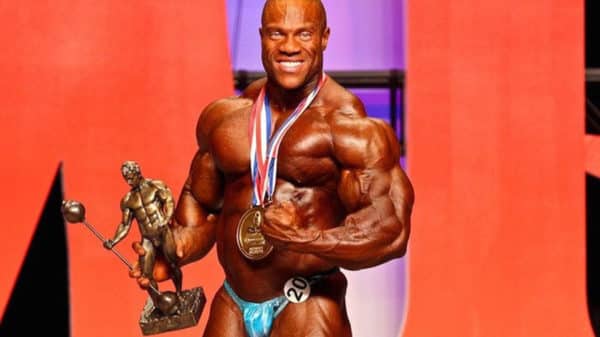What is the ideal weight for a man or for a woman? As a sports coach, this is a question I often hear. In this article, I suggest you discover several solutions to calculate your reference weight, as well as keys to analyze your results.
What is the ideal weight?
In the strictest sense, the ideal weight is the one that allows to preserve oneself durably from diseases (obesity, cardio-vascular pathologies, diabetes, hypertension, etc.).
This notion is linked to different factors such as gender, age, height, body shape or muscle mass.
A woman's ideal weight is different from that of a man, just as it can be between two men of the same age. A person weighing 70 kilos can be overweight with a high body fat percentage, while another is not, because it has well-developed muscles.
It is also important to take into account each person's goals, lifestyle and level of well-being. If we had to summarize it, the ideal weight is certainly the one that allows feel good in his body.
Therefore, there is no such thing as a normal weight, but rather an average weight that should be approached to be in good health.
How to calculate your ideal weight?
Four formulas can allow the calculation of the ideal weight.
Body Mass Index (BMI)
Recognized by the World Health Organization (WHO), l'body mass index is easy to use. It is often used by dieticians and nutritionists.
All you need to know is your height and weight to calculate your BMI.
BMI formula: weight in kg / height in meters squared
A "normal" body mass index is between 19 and 25. According to this formula, the ideal weight for a man of 1m80 is between 62 and 80 kilos.
However, this indicator does not take into account the muscle massor bone mass. For the bodybuildersthis totally distorts the result, as I explain in this article dedicated to BMI.
The Lorentz formula
Unlike the BMI, which indicates whether your current weight is satisfactory or not, the Lorentz formula seeks to calculate the ideal weight by gender and size.
The formula is different for men and women:
- For a man : (height in cm - 100) - ((height in cm - 150) / 4)
- For a woman : (height in cm - 100) - ((height in cm - 150) / 2.5)
According to this calculation, the ideal weight for a man of 1.80 m is 72.5 kilos. However, Lorentz's formula does not take into account age or morphology of the individual.
Creff's formula
More complete than the previous one, Creff's formula allows to calculate its ideal weight by agesize and morphology.
- For a fine morphology: ((height in cm - 100) + (age / 10)) x 0.9
- For a normal morphology: ((height in cm - 100) + (age / 10)) x 0.9
- For a strong morphology: ((height in cm - 100) + (age / 10)) x 0,9 x 1,1
Let's take the case of a man of 1m80, aged 30 years. According to this indicator, the ideal weight is :
- 67,2 kilos for a slim morphology,
- 74,7 kilos for a normal morphology,
- 82,1 kilos for a strong morphology.
The limitation of this calculation lies in the notion of morphology. It can be difficult to know what your morphology is. Some people are even between two types of morphology, which makes the result approximate.
The Monnerot-Dumaine formula
The last formula, that of Monnerot-Dumaine, is the most precise of all.
It takes into account theframe and muscle mass, including the wrist circumference in the calculation.
Monnerot-Dumaine formula: (height in cm - 100 + (4 x wrist circumference in cm)) / 2
Still for a man measuring 1m80, with a wrist circumference of 18 cm, the reference weight is around 76 kilos.
Should we really focus on weight?
Weight is nowadays a central issue for many people. And this does not only concern the world of fitness or weight training.
We live in a society where physical appearance occupies a central place. Instagram and social networks in general are no strangers to this phenomenon.
Of course, weight is of the essence. A too high weight gain can cause health problems. Overweight people are therefore well advised to lose weight through diet and physical activity.
But keep in mind that it is not dramatic to have a few extra pounds.
Especially since weight analysis alone is not enough. The body composition is equally important. Two people of the same weight can have a fat mass rate diametrically opposed.
Let's take the case of an individual weighing 80 kilos, with a body fat percentage of 25 %. An adapted coaching could allow him to make a body recomposition to lower this percentage to 15 %, while maintaining the weight.
Whatever your goal, you can use my quiz to find the program made for you.
Conclusion
There is no universal answer to the question of ideal weight. It all depends on your age, height, gender and musculature. Everyone is different. Whatever your weight, the most important thing is that you feel good about yourself.









